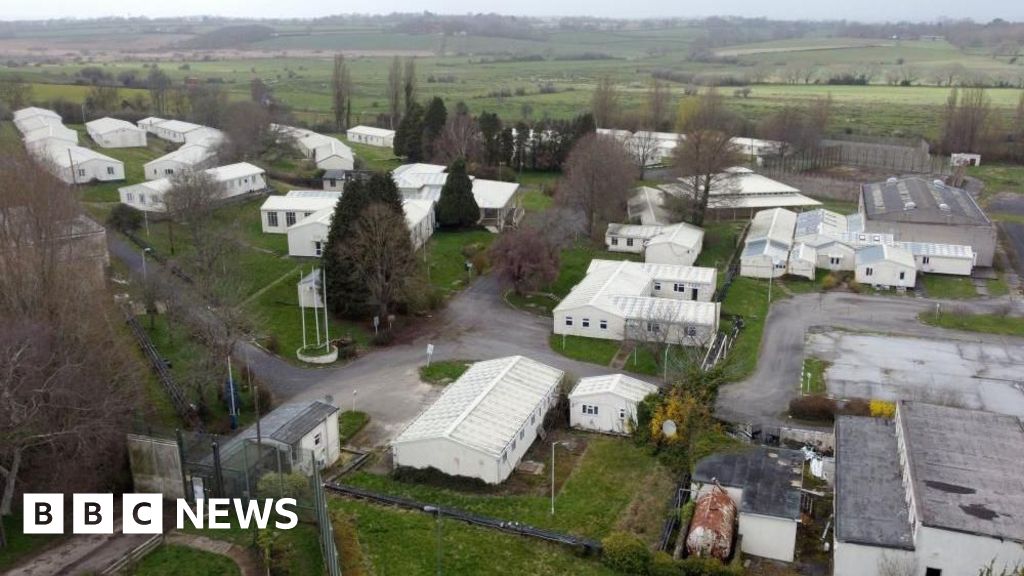The recent flood incidence, the fifth in the series of such disasters, at the Trademore Estate along the Lugbe-Airport Expressway in Nigeria’s capital city, Abuja, has become one too many. Despite the risk posed by the flood, the attitude of the relevant authorities to disaster control and management leaves much to be desired.
Residents in the sprawling estate are concerned about the regularity of the flood disaster, which took its toll on the people in 2014, 2015, 2019, 2023, and 2024. Surprisingly, the residents seem lost as to why there is no lasting solution to this menace. Both the estate developer and the regulatory government agency are not helping the situation by deciding to leave the residents to their own devices as they struggle to cope with the devastations caused by the flood.
When the incident occurred last year, following a heavy downpour, 116 houses were affected. The Federal Capital Development Authority (FCDA) declared the Estate a disaster zone and threatened to pull down some structures believed to be obstructing waterways.
As should be expected, residents of the estate vehemently opposed the government’s decision. The government, on its part, caved in to pressure and jettisoned the planned demolition. Yet again this year, the flood has emerged with greater intensity. In clear terms, this entails that in failing to take the difficult measure of demolishing some of the houses to save others in the estate, the government merely postponed the doomsday.
The latest flood aptly demonstrates this fact. Thankfully, no life was lost. But how many floods will the estate experience before the government does what it has to do to effectively control the situation?
However, it must be stated that from 2007, when the estate was formally opened after the homeowners took possession of their properties, there was no flood incident until 2014, and since then, there has been one flood disaster after another bringing in its wake tears and pain.
The questions authorities and, indeed, residents of this Estate must not only ask but also provide plausible answers to are: what is responsible for this recurring flooding? How can that be tackled once and for all? Are they residents and the government ready to do the needful even if the outcome will be unpleasant to some people?
We are worried that after five occurrences, the government has yet to commission an investigation to ascertain the cause of this recurring disaster. This, in our opinion, is not good enough as it demonstrates the perceivable levity on the part of the government and its agencies, even as human lives and property are involved.
Perhaps it is pertinent to ask why the government did not remove structures that obstruct waterways, as it promised to do when it declared the estate a disaster zone in 2023. It is disconcerting to note that despite opposing the government’s plans to remove structures obstructing waterways, residents of this estate have done little or nothing to address this recurring flood disaster. Probably, they assumed that the disaster would not happen again.
From what is happening at Trademore Estate, we may be experiencing a typical Nigerian attitude to disaster control: ascribe it to God, pray over it and hope it will go away. But while it is good to pray in deference to the Divine Being, it is also necessary to act because prayers without action cannot give the desired results.
It is a given that flooding, especially in residential estates, can result from a combination of natural and human-induced factors. While the natural factors could include heavy rainfall, river overflow, storm surges, and natural topography, the man-made causes encompass urbanisation, poor drainage systems, blockage of waterways, poor planning and human factor.
Fundamentally, some flood disasters in Nigeria are caused by infractions on waterways and the indiscriminate disposal of refuse, trash, debris, or other obstructions in rivers, streams, and drainage channels. These obstructions often impede water flow, causing water to back up and flood residential areas.
Essentially, measures need to be implemented, including improved drainage systems to manage rainwater and runoff, backed up by public education on flood risks and emergency preparedness measures.
Understanding and addressing the causes of flood through proper planning, infrastructure development, and environmental management can significantly reduce the risk and impact of flooding in residential estates.
While the government mulls a permanent solution to this recurring disaster, we believe that the developer of Trademore Estate and the Department of Development Control that approved the structures owe Nigerians, especially homeowners, an explanation.
But one thing is certain: We cannot afford to watch this recurring flood disaster continue unabated. Efforts must be made to control human-induced factors while we commit natural factors to God almighty.

 4 months ago
20
4 months ago
20















 English (US) ·
English (US) ·